China's central bank (PBOC) set a stronger-than-expected fixed rate for the yuan against the dollar on February 5, signaling that Beijing has no plans to counter the impact of tariffs from Washington by letting its currency weaken.
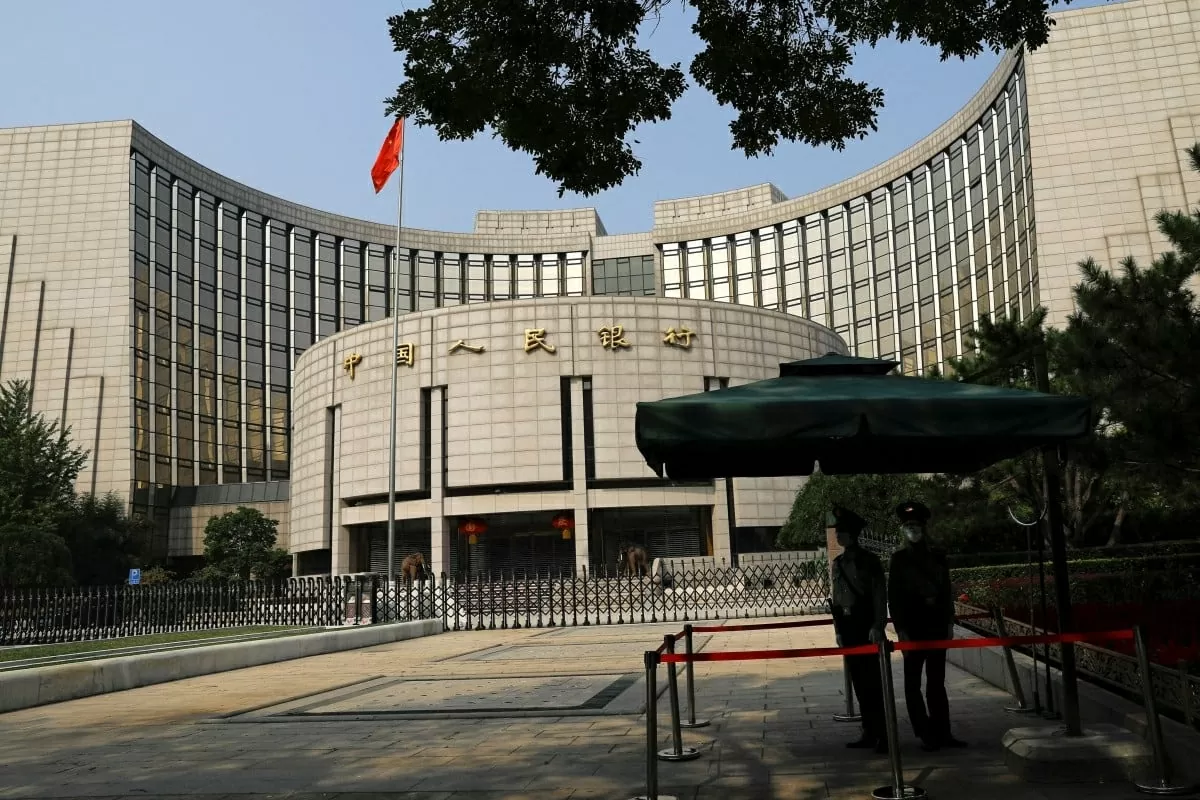 |
| The People's Bank of China (PBOC) surprised markets by keeping the yuan at a stronger-than-expected fixed rate against the dollar. (Source: Bloomberg) |
Accordingly, the fixed exchange rate was set by PBOC at 7.1693 per USD, compared to 7.1698 at the end of January.
The fixed rate – also known as the intermediate rate – plays an important role in determining the onshore yuan exchange rate, as the PBOC only allows trading to move up or down by a maximum of 2% above or below the fixed rate each day.
Many analysts had expected the PBOC to set a lower rate for the yuan this year, as a weaker Chinese currency would lessen the impact of U.S. tariffs on domestic exporters. The U.S. government raised tariffs on Chinese imports by 10 percent on Feb. 4.
“Today’s peg was set stronger than market expectations, sending a signal that China may find it difficult to counter the impact of tariffs by devaluing the yuan,” said Ding Shuang, chief economist for Greater China at Standard Chartered Bank.
According to this expert, trade negotiations between the world's two leading economies have not yet begun, so establishing a strong fixed exchange rate could contribute to creating a good negotiating atmosphere, as the US also does not want the yuan to depreciate sharply.
Gary Ng, senior economist at Natixis Research, said the fact that the peg remained unchanged showed that exchange rate stability remained important to China. “This is a move to prevent sudden volatility after the long holiday and in the face of potential geopolitical risks,” he said.
On February 4, the Chinese government announced that it would impose additional tariffs on certain US goods from February 10 in response to new tariffs imposed by the Trump administration on goods from the world's second largest economy.
Beijing also said it would impose export restrictions on some mineral products and open an antitrust investigation into tech giant Google.
With just days to go until China's retaliatory tariffs take effect, the White House says a phone call between US President Donald Trump and President Xi Jinping has not yet been scheduled.
According to Mr. Ding Shuang, China can deal with the "tariff blow" of the US through promoting domestic demand, fiscal stimulus measures, instead of using monetary tools. Therefore, the possibility of Beijing devaluing the yuan may be limited in the future.
However, expert Gary Ng warned that there is still a possibility that the yuan will continue to depreciate against the dollar in 2025 as the US Federal Reserve (Fed) is looking to lower interest rates to support domestic growth.
Source: https://baoquocte.vn/ngan-hang-trung-uong-trung-quoc-co-dong-thai-gay-bat-ngo-he-lo-kha-nang-bac-kinh-se-khong-dung-cong-cu-tai-chinh-de-doi-pho-voi-washington-303246.html


![[Photo] Many young people patiently lined up under the hot sun to receive a special supplement from Nhan Dan Newspaper.](https://vphoto.vietnam.vn/thumb/1200x675/vietnam/resource/IMAGE/2025/5/18/6f19d322f9364f0ebb6fbfe9377842d3)

![[Photo] Party and State leaders attend the special art program "You are Ho Chi Minh"](https://vphoto.vietnam.vn/thumb/1200x675/vietnam/resource/IMAGE/2025/5/18/6895913f94fd4c51aa4564ab14c3f250)


![[Photo] Ready for the top competitions of Vietnamese table tennis](https://vphoto.vietnam.vn/thumb/1200x675/vietnam/resource/IMAGE/2025/5/18/9c547c497c5a4ade8f98c8e7d44f5a41)
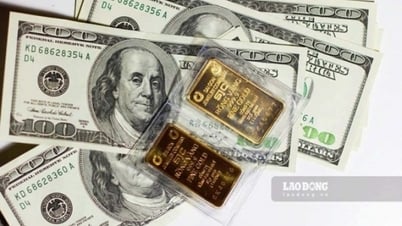



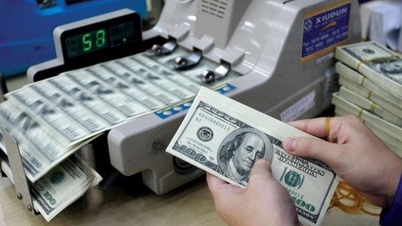


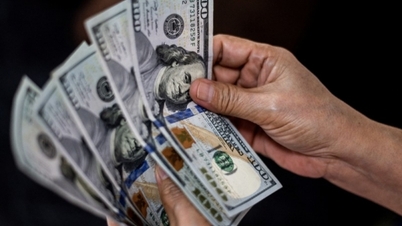
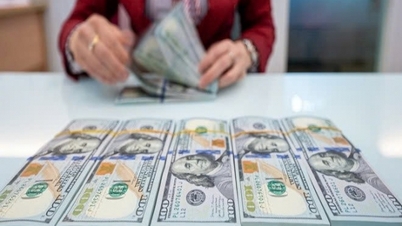


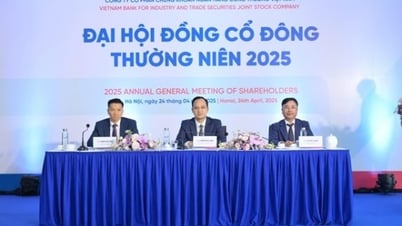



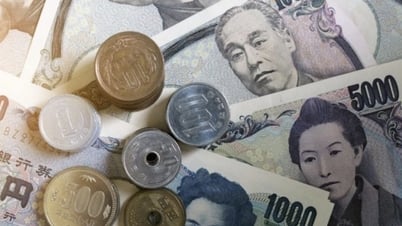





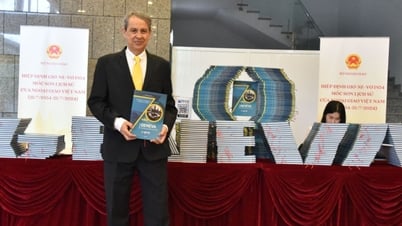


































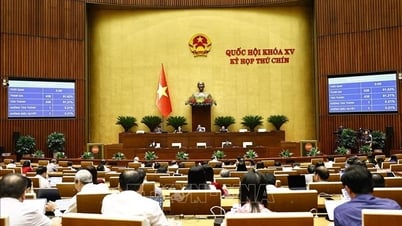


















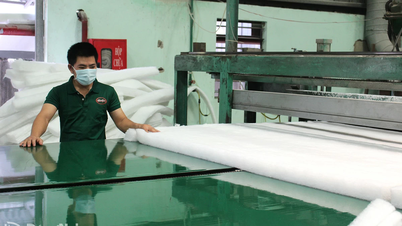














Comment (0)